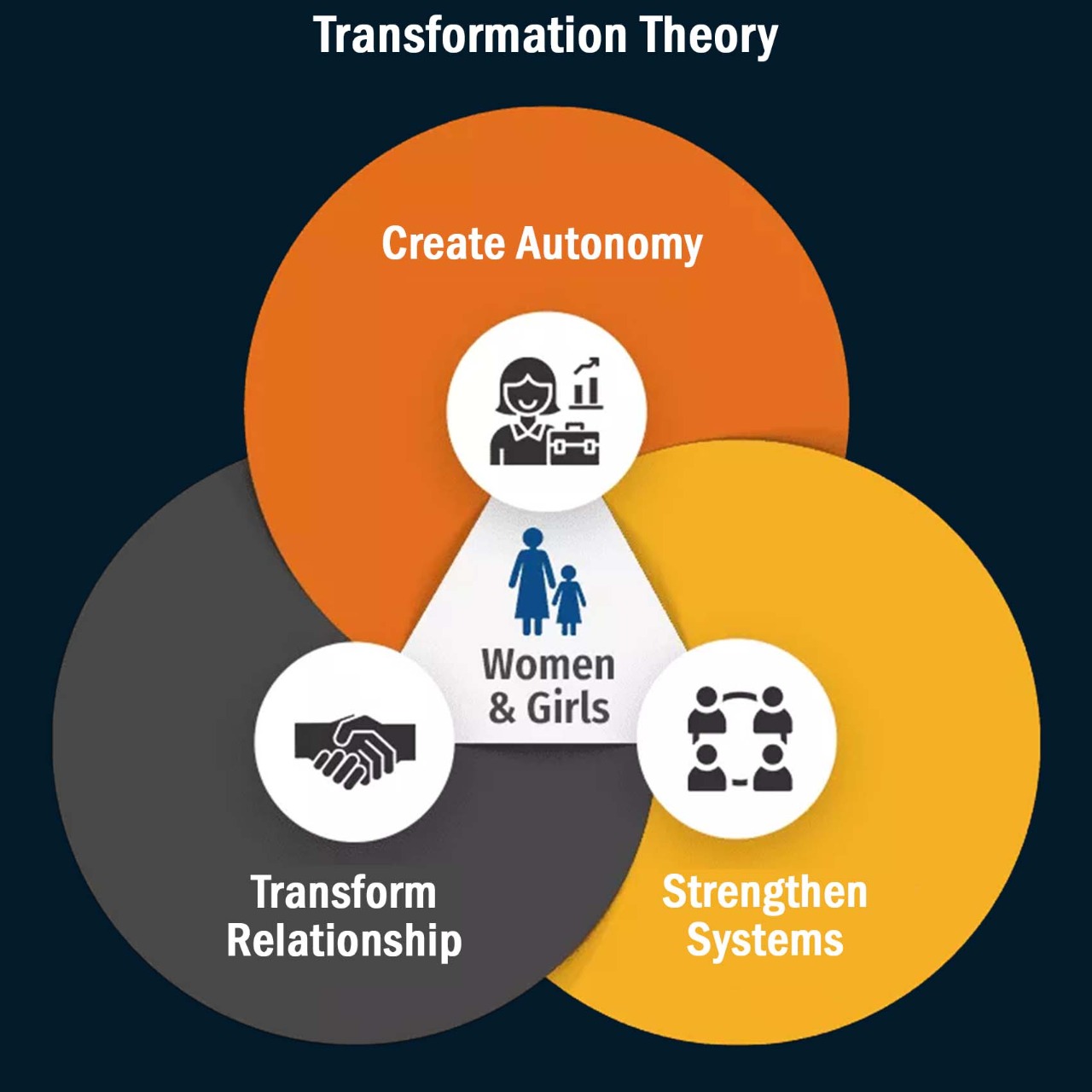Raah-e-Najaat aims to empower marginalised women and girls to promote equitable change via programmes that provide quality healthcare, inclusive education, gender equal and sustainable livelihood possibilities, and disaster relief and preparedness. Building resilience, inclusive governance, and gender transformational change are anatomizing concepts that are integrated into all programmes across all sectors.
Our goal is to have a long-term influence at a large scale by
• Working with individuals and groups to increase awareness, self-esteem, confidence, and desires to improve their world, as well as to give them with the necessary information, skills, and capacities.
• Changing connections to solve persistent inequality in intimate relationships, family and social networks, markets, and community or citizen associations. We are constantly working to mend and activate these networks.
• Strengthening systems to boost government social investment provides us with the chance to integrate closely with systems and multiply effect at scale.
• Transformative change towards sustainable pathways requires more than a simple scaling-up of sustainability initiatives—it entails addressing these levers and leverage points to change the fabric of legal, political, economic and other social systems.

